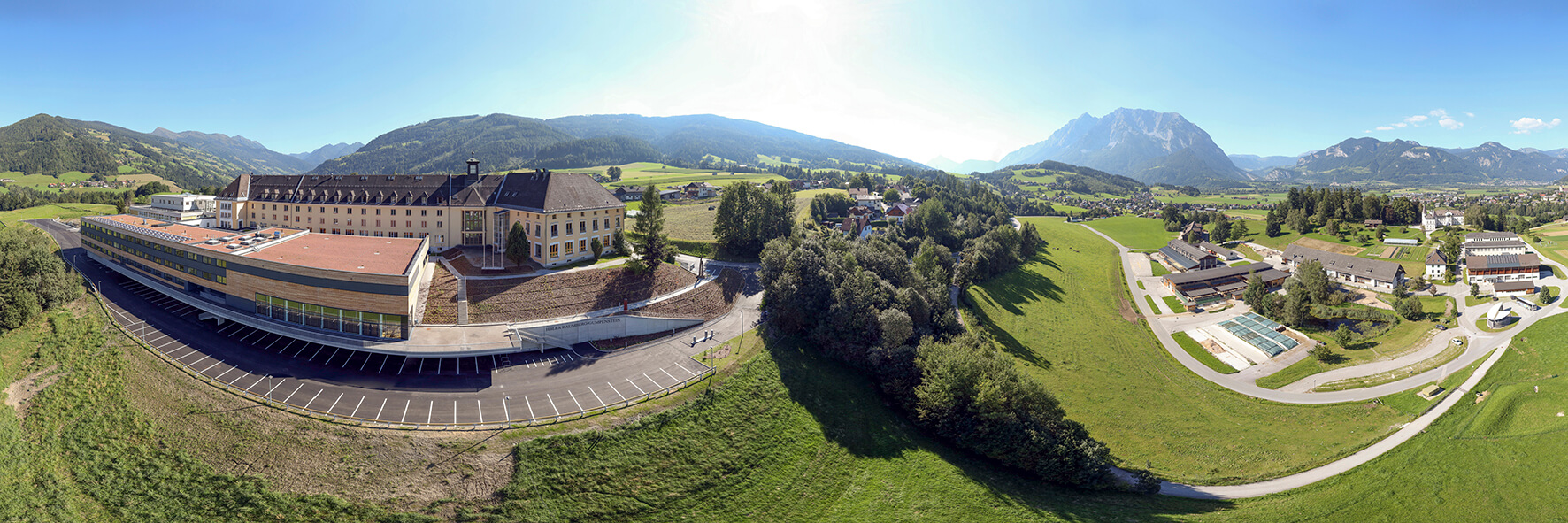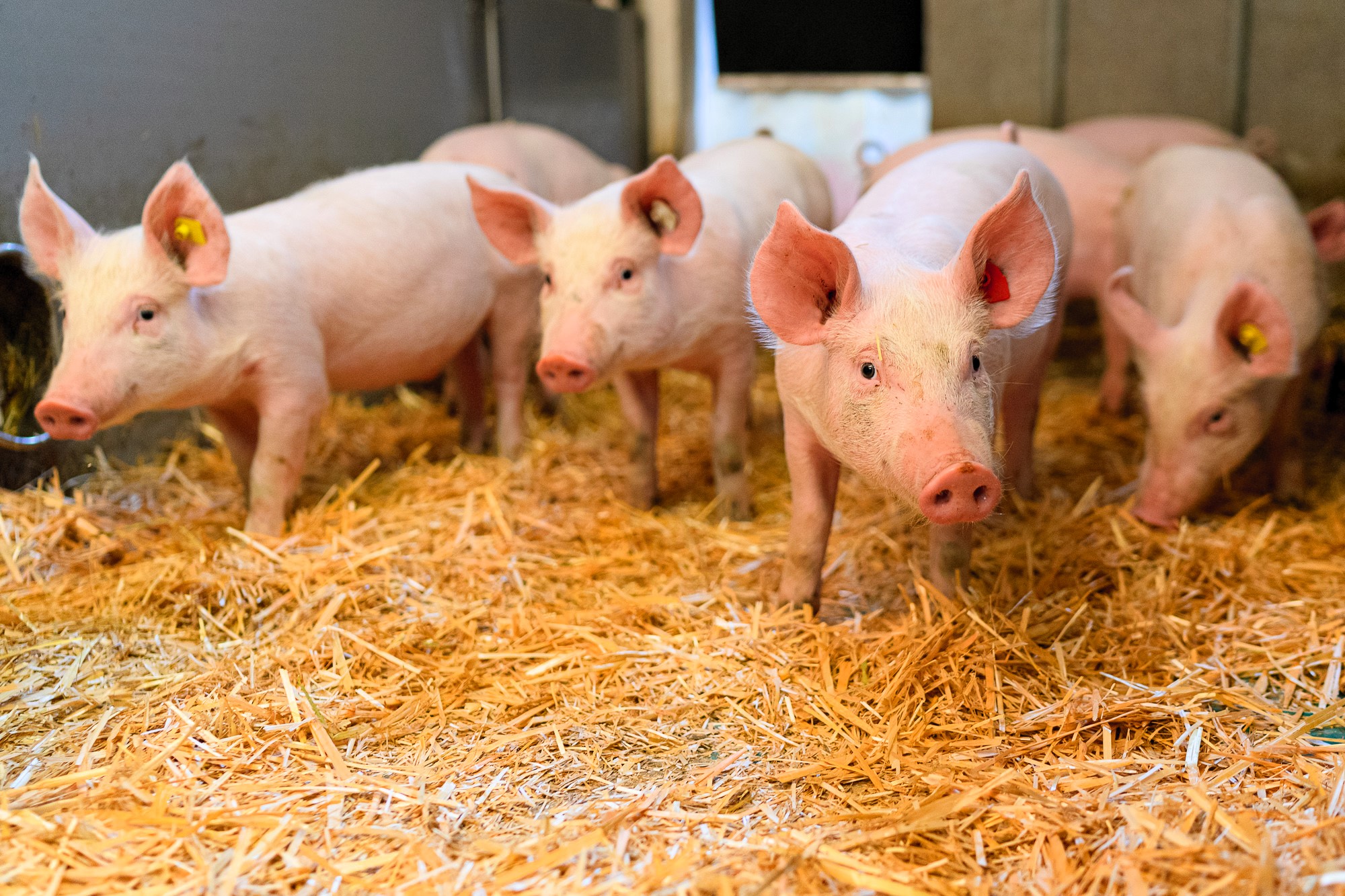Organic farming strives for a high standard of animal welfare , which means that animals should have the opportunity to express their natural behavior and that interference with their integrity is avoided wherever possible. Like all other organically kept farm animals, organic pigs have daily access to exercise and roughage , which provides variety and activity. Procedures such as tail docking and teeth grinding are prohibited in organic pig farming ; only castration under general anesthesia is permitted in order to avoid unpleasant boar odor in the meat.
Due to the social discussion in recent years, there has been a trend towards farming systems with greater animal welfare . In areas such as keeping pigs with undocked tails, farrowing systems without restraining the sow and preventing diarrhea after piglets are weaned, decades of experience in organic pig farming can provide valuable inspiration for the further development of conventional pig farming .
Research for organic pig farming remains important! Well-known challenges such as piglet losses , health management and food competition with humans require creative solutions. There are also new topics such as the effects of climate change on pig stables, sustainable construction concepts and the potential of alternative pig breeds.
The organic pig management department at the HBLFA Raumberg-Gumpenstein is staying tuned and making its contribution to the organic pig farming of tomorrow! Just listen or watch:
In this podcast episode, Priv.-Doz. Dr. Andreas Steinwidder with our expert for organic pig farming Dr. Lisa Baldinger from our branch in Wels on the topic of “organic pig farming in Austria”:
Further information
- What is organic? - https://www.bio-austria.at/bio-verbrauchent/was-ist-bio/
- Food Pig: https://www.landschafftleben.at/lebensmittel/schwein









